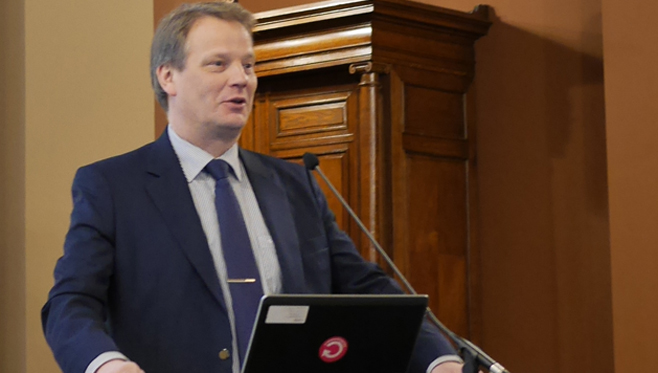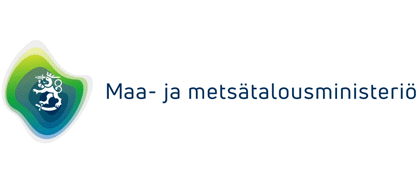Ex post evaluation: Rural Development Programme is the most important industrial policy programme for the countryside

The most significant positive impacts of the Rural Development Programme relate to reinforcing entrepreneurship and SMEs and preservation and development of agriculture and the food economy. The majority of those implementing development projects under the Rural Development Programme consider that operations will continue on a market-driven basis after the project funding has ended. The programme had contributed to introducing practices that take the environment better into account: for example, half of the farmers who had received environment payments considered that they had altered the way they did things into a more environmentally-friendly direction. The programme had also reinforced the rural communities and cooperation among the rural residents.
Actions under the programme had clearly slowed down the negative development in the rural areas: from the perspective of the Finnish countryside, the Rural Development Programme is the most important industrial policy programme.
These are the conclusions of the ex post evaluation of the Rural Development Programme for Mainland Finland 2007–2013. The external evaluation was conducted by a broadly-based evaluation group with experts from the Finnish Regional Research FAR/Regional Development Foundation, Pellervo Economic Research Institute PTT, Fin-Auguuri Oy, Adult and Continuing Education (AIKOPA) of the University of Oulu and Environmental Research Centre of the University of Jyväskylä.
The responsibility for this EU co-funded programme of measures rests with the Ministry of Agriculture and Forestry, while the Finnish Agency for Rural Affairs and, in the regions, the Centres for Economic Development, Transport and the Environment, Leader groups and local governments are responsible for its implementation.
Support scheme should be simplified
The development needs that came out in the evaluation related to difficulties in experimental development and flexible action, potential actors and activities being excluded from the programme, and difficulties in constructing larger entities. For better rural development customer relationships need to be identified and inputs are needed for managing the programme process at its various stages.
The beneficiary often runs into bureaucracy and complexity of the system. The most significant development proposals concern the structure of the programme and bold simplification of the measures and payment schemes.
– Ex post evaluation is not a school diploma but it is a tool for us to further develop our activities. The evaluation shows us what we should stick to and what needs to be improved, Director-General Risto Artjoki pointed out at the seminar on the ex post evaluation seminar in Helsinki on 12 February.
Member of the European Parliament Hannu Takkula brought greetings from the Parliament’s Agriculture Committee.
– Finland has strong expertise and capability to utilise research information in policy preparation, and we also have a lot to offer to the other Member States in this regard, Takkula said.
According to Takkula, the impact of knowledge from evaluations and research on the preparation of the CAP depends a great deal on how the stakeholders succeed in communicating this information.
– Concise, well-founded and solidly substantiated information finds its way onto the agenda more easily, Takkula pointed out.
Inquiries:
Eero Pehkonen, Senior Officer, Ministry of Agriculture and Forestry, tel. +358 2951 62406, forename.surname@mmm.fi
Ex post evaluation of the Rural Development Programme (in Finnish) www.mmm.fi/jalkiarviointi



